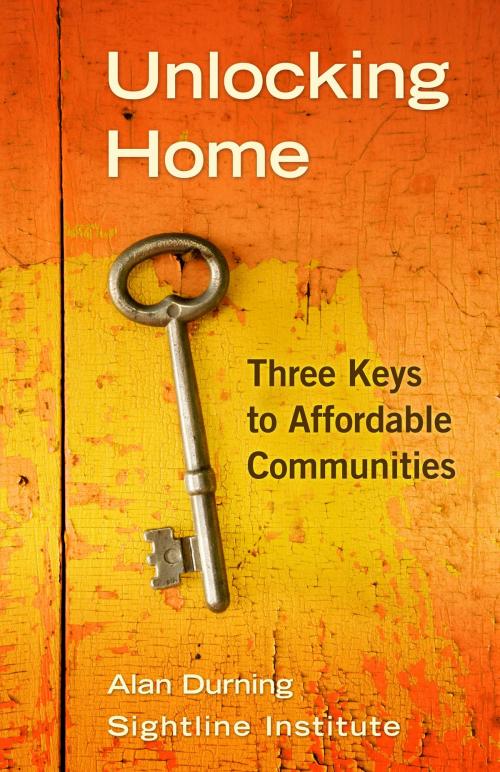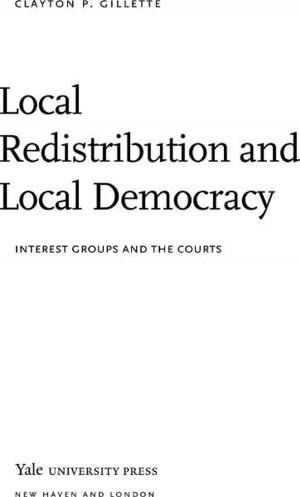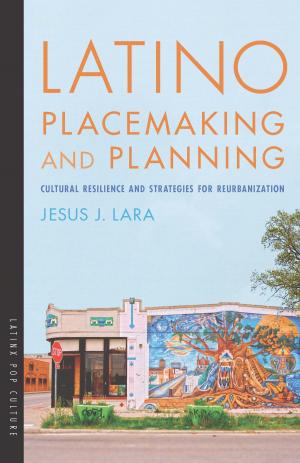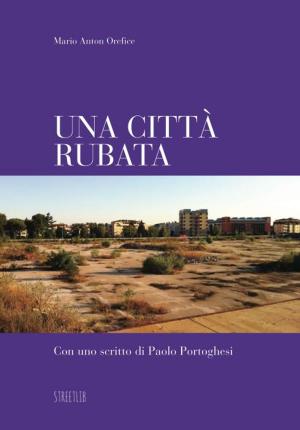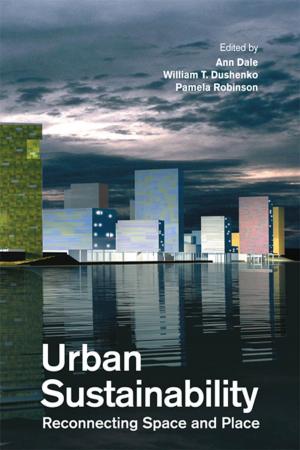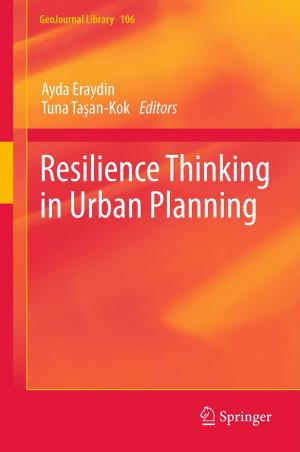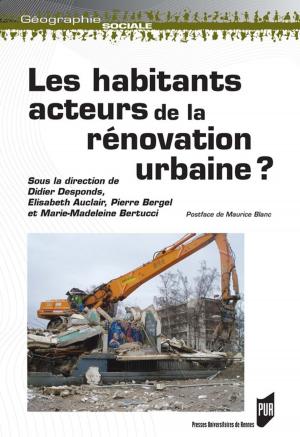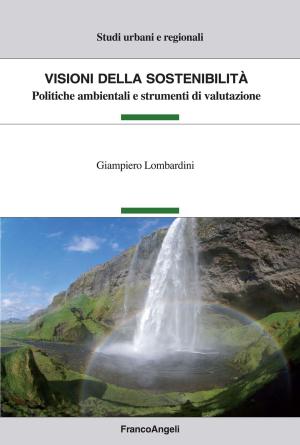Unlocking Home
Three Keys to Affordable Communities
Nonfiction, Social & Cultural Studies, Political Science, Politics, City Planning & Urban Development| Author: | Alan Durning | ISBN: | 9780989474016 |
| Publisher: | Sightline Institute | Publication: | July 12, 2013 |
| Imprint: | Language: | English |
| Author: | Alan Durning |
| ISBN: | 9780989474016 |
| Publisher: | Sightline Institute |
| Publication: | July 12, 2013 |
| Imprint: | |
| Language: | English |
Award-winning author and leading green thinker Alan Durning takes a hard look at urban housing and sees what many others have missed. Hidden in city regulations is a set of simple but powerful barriers to affordable housing for all. These rules criminalize history’s answers to affordable dwellings: the rooming house, the roommate, the in-law apartment, and the backyard cottage. In effect, cities have banned what used to be the bottom end of the private housing market. They’ve made urban quarters expensive and scarce, especially for low-income people such as students, seniors, blue-collar workers, artists, and others who make our cities diverse and vibrant. In Unlocking Home: Three Keys to Affordable Communities, Durning details how to revive inexpensive housing in walkable neighborhoods—at no cost to the public—by striking a few lines from municipal law books. The three keys, Durning argues, are re-legalizing rooming houses, uncapping the number of roommates who may share a dwelling, and welcoming accessory dwellings such as granny flats and garden cottages. If adopted, these keys would reap valuable benefits for cities far and wide. Each would step up residential concentration organically, without big changes to architectural character, and would create new income-generating opportunities for property owners, especially in sought-after neighborhoods. These keys would alleviate the outward pressure of sprawl into our forests and farmland, while fostering the benefits of density for local prosperity, vibrancy, and sustainability. Above all else, each of these strategies would generate thousands and thousands of units of inexpensive housing across metropolitan areas, unlocking homes for the many people in our communities who need them.
Award-winning author and leading green thinker Alan Durning takes a hard look at urban housing and sees what many others have missed. Hidden in city regulations is a set of simple but powerful barriers to affordable housing for all. These rules criminalize history’s answers to affordable dwellings: the rooming house, the roommate, the in-law apartment, and the backyard cottage. In effect, cities have banned what used to be the bottom end of the private housing market. They’ve made urban quarters expensive and scarce, especially for low-income people such as students, seniors, blue-collar workers, artists, and others who make our cities diverse and vibrant. In Unlocking Home: Three Keys to Affordable Communities, Durning details how to revive inexpensive housing in walkable neighborhoods—at no cost to the public—by striking a few lines from municipal law books. The three keys, Durning argues, are re-legalizing rooming houses, uncapping the number of roommates who may share a dwelling, and welcoming accessory dwellings such as granny flats and garden cottages. If adopted, these keys would reap valuable benefits for cities far and wide. Each would step up residential concentration organically, without big changes to architectural character, and would create new income-generating opportunities for property owners, especially in sought-after neighborhoods. These keys would alleviate the outward pressure of sprawl into our forests and farmland, while fostering the benefits of density for local prosperity, vibrancy, and sustainability. Above all else, each of these strategies would generate thousands and thousands of units of inexpensive housing across metropolitan areas, unlocking homes for the many people in our communities who need them.
